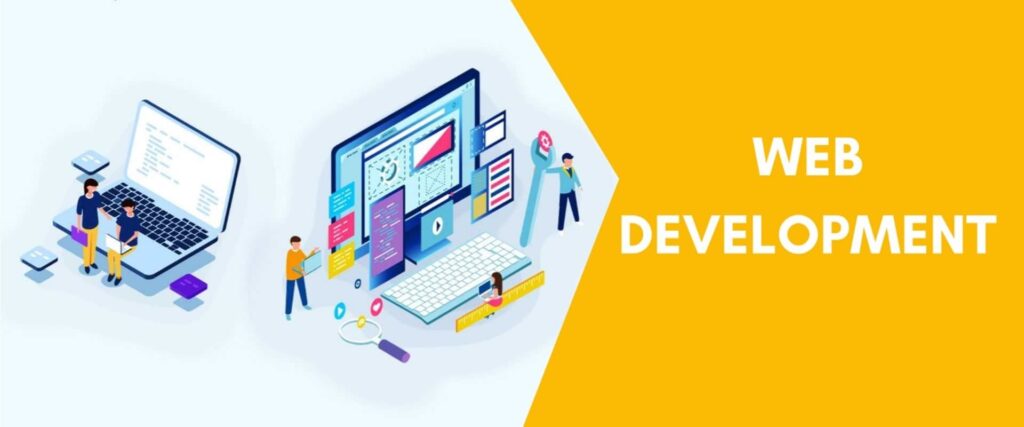
Table of Contents
In an age where technology reshapes every industry, the legal profession is no exception. Legal tech is breaking traditional barriers and redefining what it means to practice law in the 21st century. Imagine a world where complex legal research is done in seconds, mundane tasks are automated, and access to justice is democratized through digital platforms. This is not a distant future but the present reality fueled by cutting-edge innovations in legal technology.
From AI-powered case analysis to streamlined document management, legal tech is revolutionizing how lawyers work and how clients interact with the legal system. Dive into how these technological advancements are transforming legal practice, enhancing efficiency, and setting new standards for the profession.
1. What is Legal Technology ?
Legal technology is a type of technology that delivers legal services and supports the legal industry. It typically refers to software instead of traditional hardware like computers, printers, and scanners, as these are not specific to the legal industry.
Most of this technology is usually designed to help attorneys and firms practice law more efficiently. Examples include practice management solutions, litigation technology, and other legal software systems.
2. What is a legal software system?
A legal software system is like a digital assistant tailored specifically for the legal world. Think of it as a powerful toolkit that streamlines and enhances the practice of law.
These systems integrate various functions such as case management, document automation, and legal research into one cohesive platform. They help lawyers organize case files, manage client information, and automate repetitive tasks, all while ensuring compliance with legal standards.
By leveraging technology, legal software systems make legal work more efficient, accurate, and accessible, allowing legal professionals to focus more on delivering expert advice and less on administrative chores.
Examples of legal software systems include:
- Being able to sign documents with e-signatures instead of needing to print and sign everything by hand.
- Legal accounting software that helps accountants keep track of the firm’s finances and cash flow.
- Software that helps run the administrative side of a firm, such as appointment scheduling.
- Document automation and storage
Discover How Legal Tech is Transforming the Industry
3. Important types of legal software systems do law firms use ?
- Case Management Software: Centralizes case information, tracks deadlines, and manages client communications. Examples: Clio, PracticePanther.
- Document Management Systems: Organizes and stores legal documents, facilitates easy retrieval, and ensures version control. Examples: NetDocuments, iManage.
- Billing and Accounting Software: Handles invoicing, time tracking, and financial management for law firms. Examples: TimeSolv, Rocket Matter.
- Legal Research Tools: Provides access to legal databases and case law to support research and case preparation. Examples: Westlaw, LexisNexis.
4. Digital Brain Media: Leading the Way in Innovative Legal App Development :
At Digital Brain Media, we specialize in crafting cutting-edge legal apps that redefine how legal professionals operate.
Our unique approach combines advanced technology with industry-specific insights to deliver solutions that streamline case management, enhance document handling, and improve client engagement.
Unlike other developers, we focus on tailoring features to the specific needs of the legal sector, ensuring our apps not only meet but exceed industry standards. Our commitment to innovation and excellence sets us apart, making us the go-to partner for transformative legal technology solutions.
5. How has technology changed the legal profession ?
- Remote Meetings: The shift to virtual meetings has become a norm, with 25% more clients preferring video calls over in-person meetings. This change has made client interactions more flexible and accessible.
- Online Payments: Clients now expect modern payment options. The 2022 Legal Trends Report reveals that 40% of clients prefer lawyers who accept debit or credit cards, highlighting a shift towards digital transactions.
- Client Intake: Fast and efficient client response is crucial. Technology enables firms to handle client communications promptly and effectively, enhancing client acquisition and retention.
- Virtual Offices: Cloud-based solutions have made remote work viable, allowing lawyers to stay connected with clients and colleagues from anywhere, thus maintaining continuity and collaboration.
- Billing Options: Offering diverse payment methods can improve client satisfaction and make legal services more affordable. Cloud-based systems streamline billing processes and facilitate easy payment collection and tracking.
6.Why is important ?
Legal technology benefits everybody who participates in the legal system—from lawyers, to judges, to clients. Especially when it’s integrated in such a way to support a greater legal operating system.
- Lawyers: For lawyers, legal technology is an important part of practicing law more efficiently. Without the ability to store and access documents on the go, a lawyer would need to double back to the office if they found out an important case file was missing after arriving at the courthouse. This scenario could have disastrous consequences, and you can imagine other dreadful situations that would inevitably happen without legal technology.
- Judges: Virtual conferencing has not only become normalized between lawyers and their clients but is an effective way for a judge to hold court. In fact, courts have found that conducting proceedings virtually has led to many efficiencies, one example being removing barriers of availability for experts such as detectives, prosecutors, and witnesses to appear in court.
- Clients: On the client side, legal technology has made finding, evaluating, and hiring a lawyer much easier. Dedicated lawyer directories help clients narrow down their search by providing information on specialities, practice areas, and even lawyers in their area.
7.Conclusion
In our digital age, legal technology is revolutionizing the profession. Innovations like AI-driven case analysis and cloud-based offices are not just enhancements but essential changes that make legal services more efficient and accessible.
For lawyers, adopting these technologies means increased efficiency and better client interactions. For clients, it offers greater convenience, flexible payment options, and improved access to legal help.
At Digital Brain Media, we’re at the forefront of this transformation, delivering innovative legal tech solutions that set new standards.
As technology evolves, adapting is key to staying relevant and effective. Let’s embrace these advancements and drive the legal profession into a new era of excellence and accessibility.
Table of Contents


Effortless Inventory Control: Streamline Your Business with Our Customer-Centric Inventory Management Solution

Transform Your Online Presence with Premier Web Development Services in California






